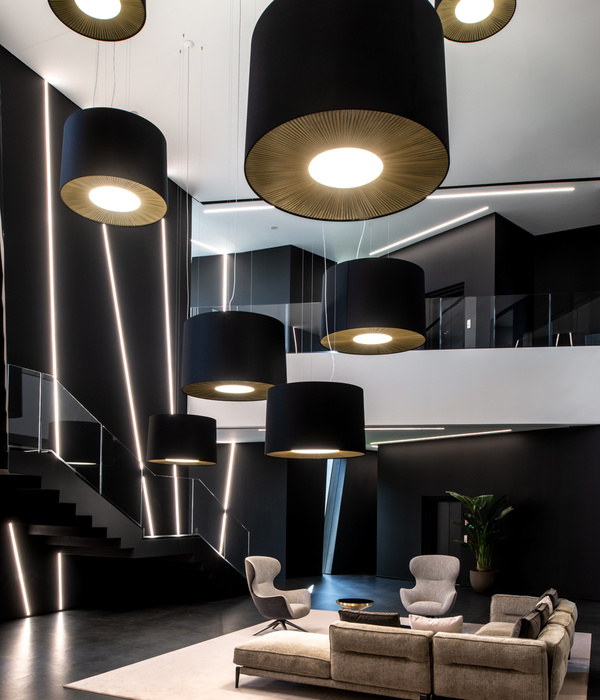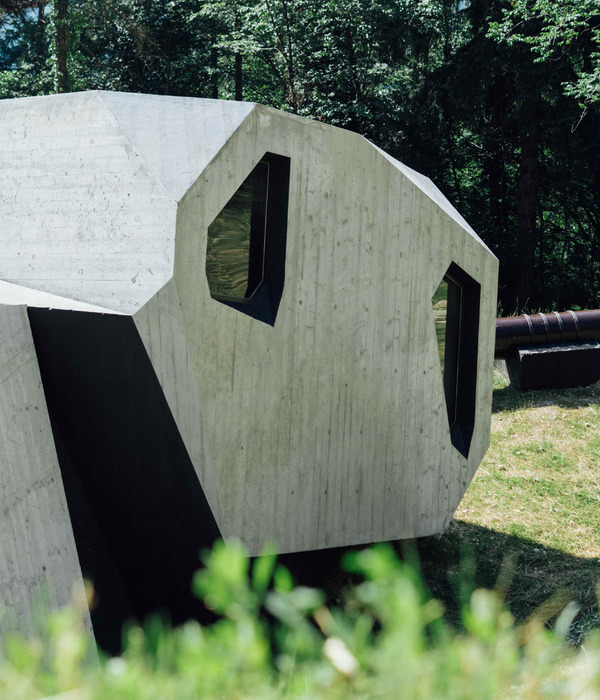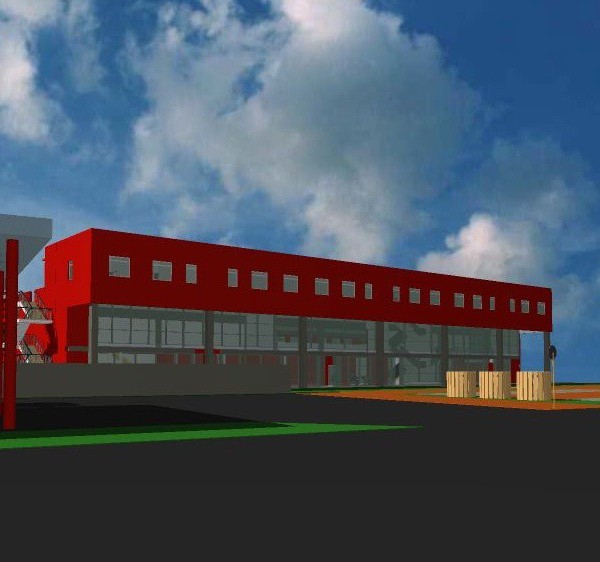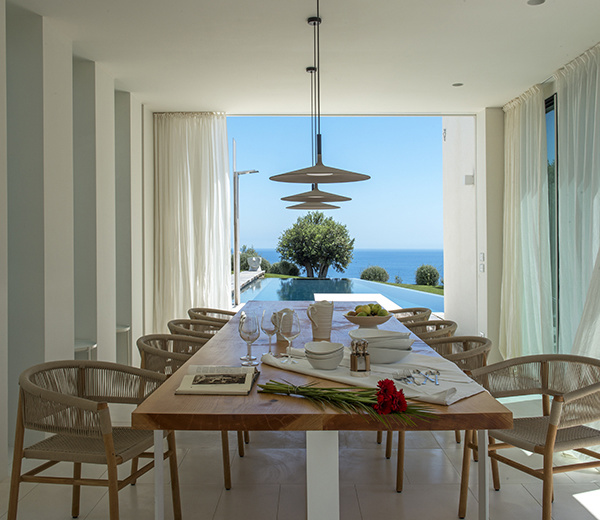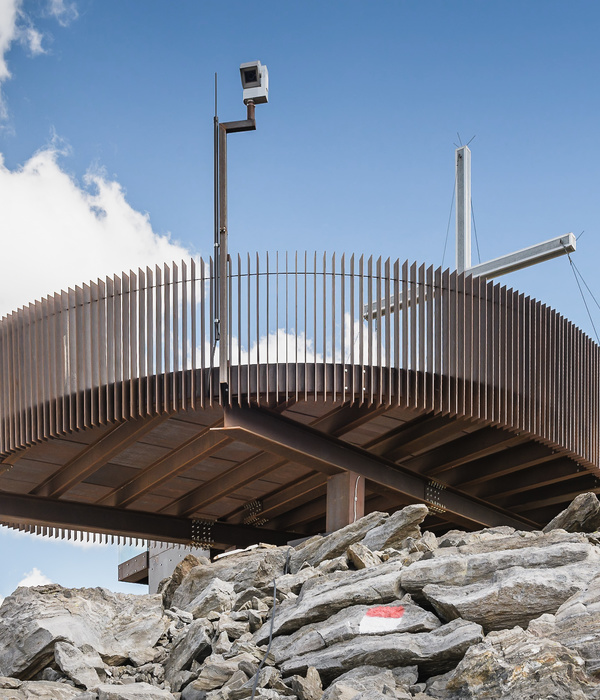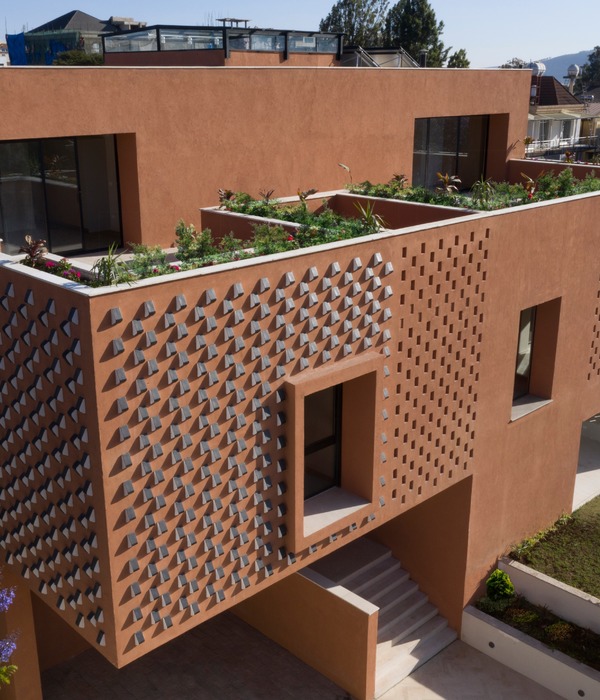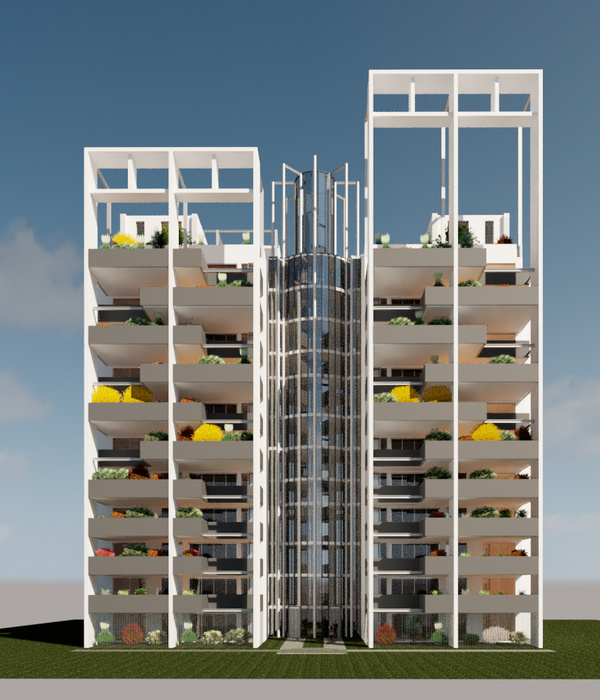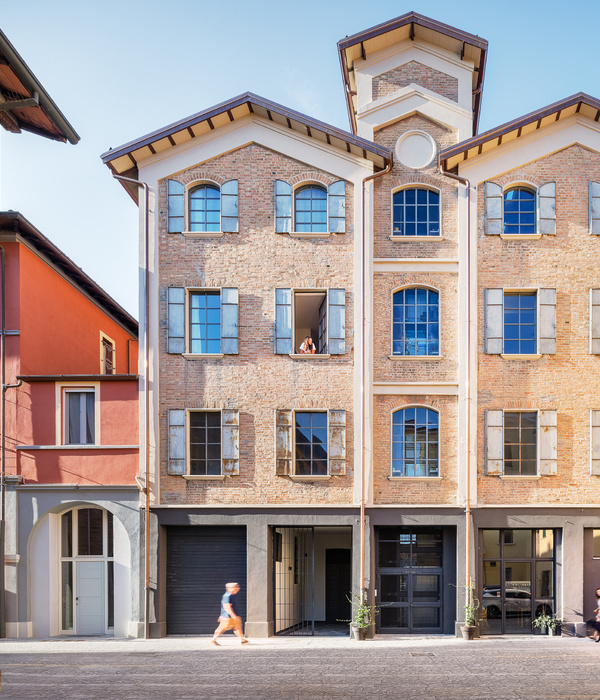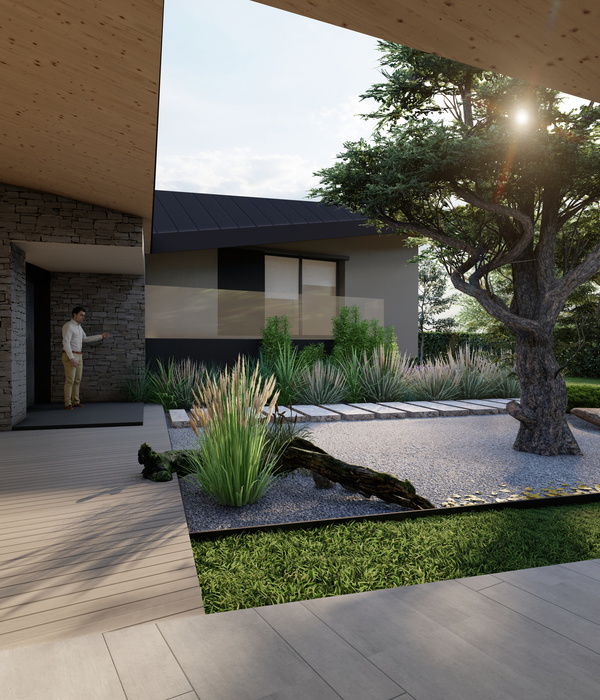In a construction game, the shape is threaded from the juxtaposition and superposition of simple parts. Ease in composition comes from the equal size of the parts, and the identification of each of them in the entire assembly comes from their color. The spatial perception of a child is different, his viewpoint is clearly lower to that of an adult, and he perceives different perspectives that broaden his relative dimension. To facilitate orientation and location at 0/3 is a spatial learning task important for his autonomy and security. The open and fluid character of the materiality of the limits contributes to an experience of connection instead of self-absorption.
Structure: metallic vertical structure, concrete horizontal structure.
Facade: Glazed facade with laminated glass and opaque aluminum doors to patios. Lattice elements with metal plate structure and colored glass (red, orange and yellow) 2/3 acid-tinged and 1/3 transparent. North and south facades with plated steel and insulation. Inverted roof on concrete slab (beams, waterproofing, insulation and gravel).
Interior finishes: walls and ceilings with plasterboard tiling and enamel paint. Partitions with metallic structure and 3mm methacrylate in different colors (red, orange and yellow). In restrooms, walls are clad in PVC waterproof sheet and in the kitchen, stainless steel plate equal to all the furniture.
Pavement: The exterior pavement is based on 8+13mm green cautxú, on waterproofed concrete base. Inside, the flooring is linoleum in the same shade as the exterior. In humid areas and the upper floor, the flooring is a PVC sheet.
{{item.text_origin}}

